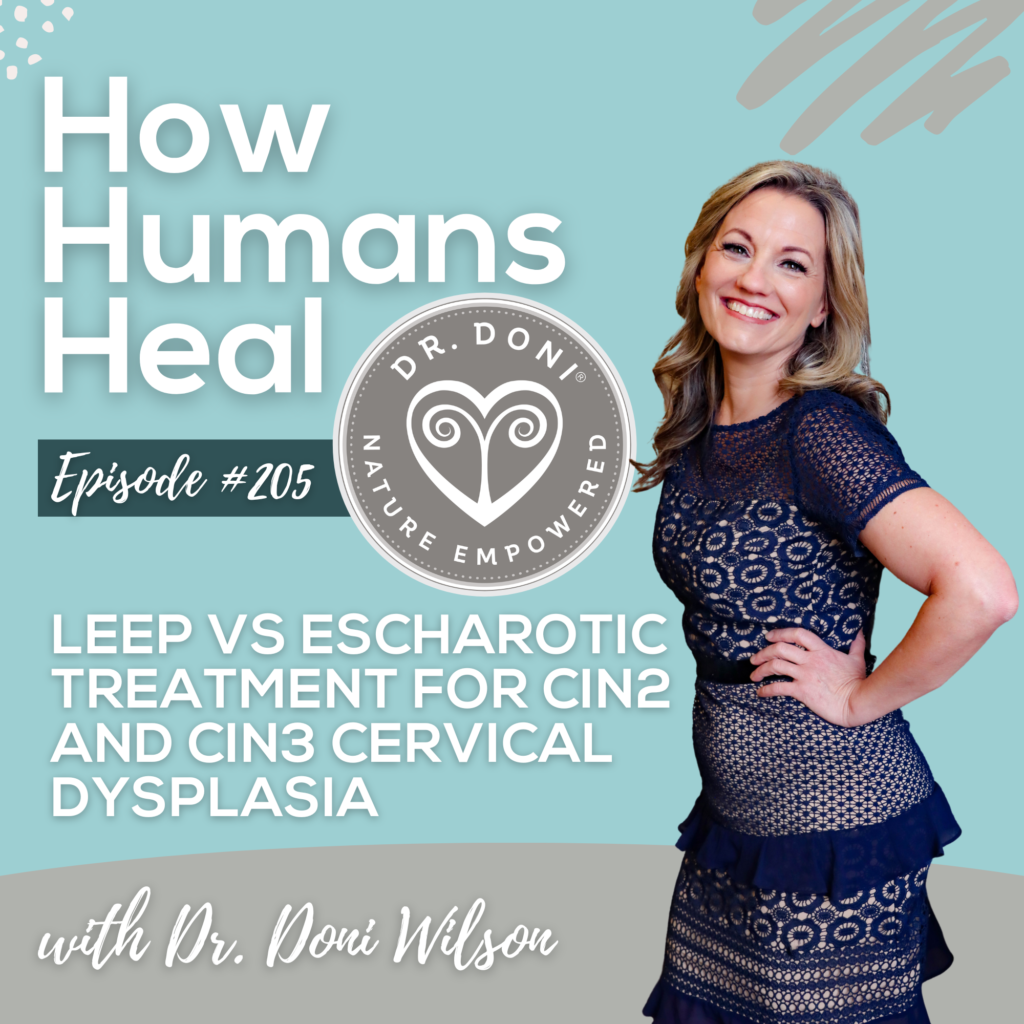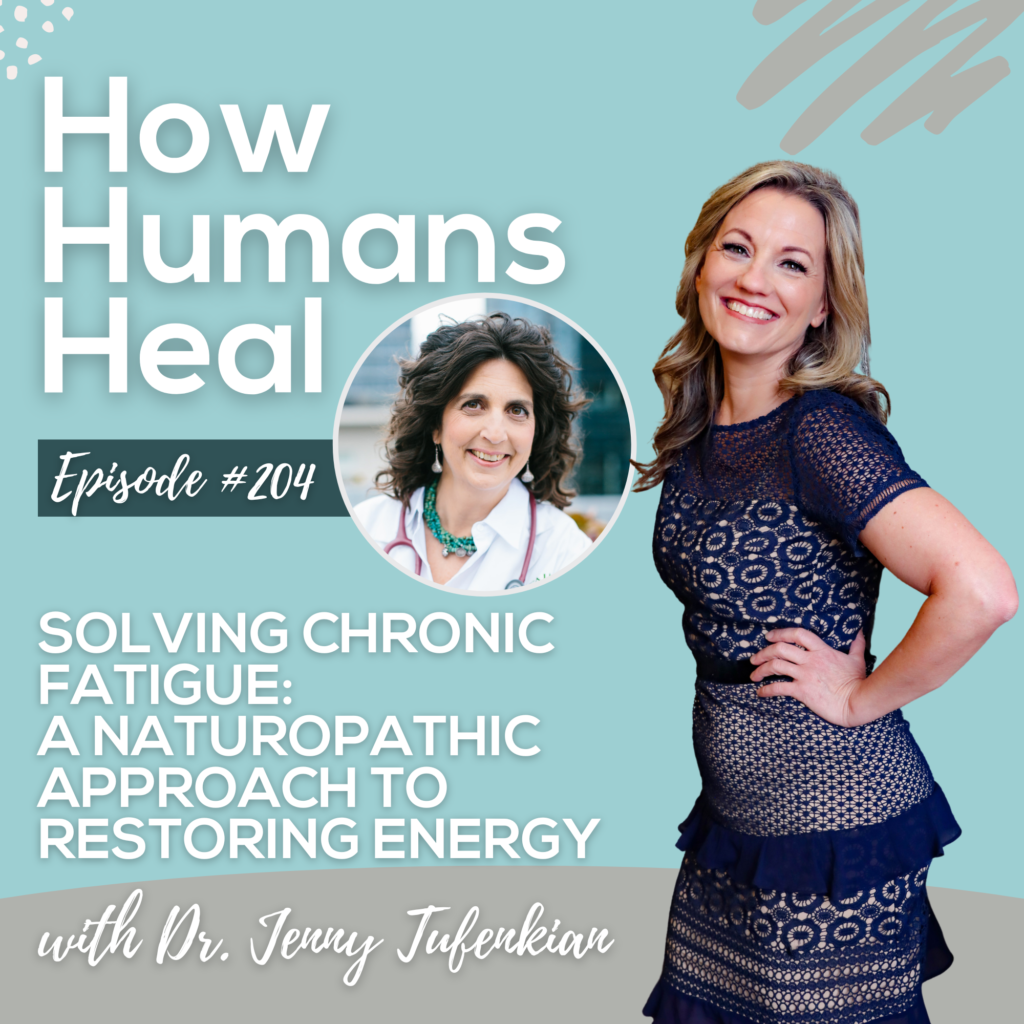
How Does Nature Impact Our Wellbeing?
- Home
- Stress & Adrenal Fatigue
- How Does Nature Impact Our Wellbeing?

Spending time in nature is one of best forms of self care. Simply spending time in green spaces has been shown to lower stress levels and have an immediate balancing effect. Here’s how to use cortisol as a clue to whether or not we’re getting enough nature in our lives.

By now, I have no doubt you’ve experienced how nature can impact your wellbeing – both your mental and emotional states. I’m sure you’ve noticed:
- How you’re moody and unmotivated after days of rain…
- The way you feel when the sun’s warmth hits your skin…
- The sudden shift in energy when you see turtles sunbathing, witness a breathtaking sunset or hear the roar of a waterfall…
Nature impacts all of us – and it certainly doesn’t stop with our mental and emotional health.
Nature’s Impact On Our Health
A study conducted in 2018 confirmed that “exposure to greenspace (outdoor space) reduces the risk of type II diabetes, cardiovascular disease, premature death, preterm birth, stress, and high blood pressure. Populations with higher levels of greenspace exposure are also more likely to report good overall health – according to global data involving more than 290 million people.”
While some people may try to argue that this is simply a result of being more active, I would say, well, yes and no.
Of course, daily hikes, walks, biking adventures and more are fantastic forms of exercise that would no doubt benefit your health. But, it’s also the actual viewing of nature – taking stock of the weather, cloud-gazing, noticing unique leaves, eating foods straight from nature, and more – that helps to reduce stress, and in turn, improve our health.
Which is why I consider spending time in nature as one of the best forms of self care.
Other ways we can use nature to improve our health include:
- Using water to take a hot bath or practice contrast hydrotherapy. This is a traditional naturopathic therapy that utilizes hot and cold water temperature changes.
- Incorporating nature into our homes, via the browns, greens and other colors of nature; by using natural materials such as wood and rocks; and by keeping plants in our home environments. (This is something I see often in my travels and experiences of other cultures.)
- Exposing our bodies to the natural flavonoids found in REAL FOOD. By eating foods that closely resemble their natural form – rather than processed foods with ingredients we cannot pronounce – we are using nature to fuel our bodies.
- Avoiding personal care and cleaning products with harmful chemicals. By paying close attention to the ingredients we choose to breathe in, put in our bodies and ON our skin (our largest organ after all), we are preventing toxins from entering our bloodstream and disrupting our internal systems. Instead, look for products that use NATURAL ingredients such as coconut oil, tea tree oil, green tea extract, honey, aloe vera, etc.
Nature’s Impact On Stress
In a previous article, Stress Remedies: How Nature Empowers Us, I discuss how nature is a proven stress remedy tool. In that post, I mention two different theories about why nature has such a calming effect on our stress levels: “After all of my research into stress and how our bodies respond to it, when our brains see or pick up on nature through any of our five senses (sight, sound, taste, touch, smell), it creates an immediate balancing effect that can last for hours.”
At the end of the day, our bodies intuitively know that nature is good for us.
Using Cortisol to Check Our Alignment with Nature
By testing cortisol – the hormone created in the adrenal glands that is released in higher or lower amounts during times of stress – we can have a better understanding of how your body is holding up under stress. And in turn, whether or not you need to incorporate more natural stress remedies into your daily routine.
To do so, it would be advantageous to check your cortisol in the morning, midday and at night. As I’ve always mentioned when discussing cortisol and stress, cortisol is necessary for everyone. It’s what gets us through the day, starting off highest in the mornings and tapering down until its lowest level at night.
And remember, stress is what makes us human. We’ve always experienced stress… and we’ll always experience stress… there’s no avoiding it completely. But it’s up to us to CHOOSE the type of stress we want to be exposed to and the stress recovery we provide our bodies as well.
In Conclusion…
All of this circles back to identifying what our specific bodies need, how they need it, and honoring the connection between stress, our health, and yes, nature. Over countless years, I’ve seen this hold true for patients with fertility issues, migraines, autoimmunities, HPV, frequent colds and infections, and more.
Their symptoms are signals. Their bodies are overwhelmed by the various stresses and pressures – and they are not getting enough recovery and exposure to nature.
The common theme among them is that when they choose to let me guide them to live their lives aligned with nature, their health rebounds faster. What’s more, they experience lasting results.
To learn more about this you can…
- Learn more about products to help rebalance your cortisol in my Adrenal Recovery Guide
- Read one of my books: The Stress Remedy
- Or Stress Warrior: https://doctordoni.com/product/dr-doni-s-stress-warrior-book-paperback/
- Do my 7-day Stress Reset
- Or my 21-day Stress Remedy Program
- Sign up to meet with me one-on-one to create a customized Stress Recovery Plan
- Join my Reversing HPV Online Course to become your own health advocate for HPV
I look forward to getting to know you and supporting you on your health journey!
–Dr. Doni
26th February 2020
Share this Post:
Dr. Doni Wilson's Team
14 Day Detox Program
Take the Stress Type Quiz
Dr. Doni Social Media
Popular Posts


The 5 Burnout Types

Healing HPV Holistically: Dr. Doni on the Inspire Health by Jen Podcast

Recent Podcasts
Signup to receive our weekly newsletter with all the latest news, podcasts and special offers
New Book - Order Today!

SIMPLE PRACTICES for SHIFTING FROM YOUR STATE of STRESS to YOUR FLOW and FREEDOM
MASTER YOUR STRESS
RESET YOUR HEALTH
Order Now! Related Posts

What is making you susceptible to HPV?
I have been working with women who had abnormal cells on their cervix and/or vaginally, caused by HPV for over 20 years now. And while

The 5 Burnout Types
Did you know there are 5 burnout types? They are based on your Stress Type®, which is how your adrenal function has been affected by

Healing HPV Holistically: Dr. Doni on the Inspire Health by Jen Podcast
Dr. Doni was interviewed by Jen Ciszewski on the Inspire Health by Jen Podcast, talking about how to heal away HPV from your body for good.

Stress and Trauma: The Science Behind It, How It Shows Up and How to Heal: Dr. Doni on The Burn Fat and FEAST Podcast
Dr. Doni was interviewed by Sarah B. Thomas on the Burn Fat and FEAST Podcast, talking about the impact of stress and trauma on our health and what to do to recover from them.














